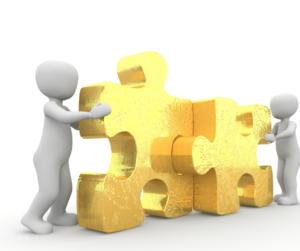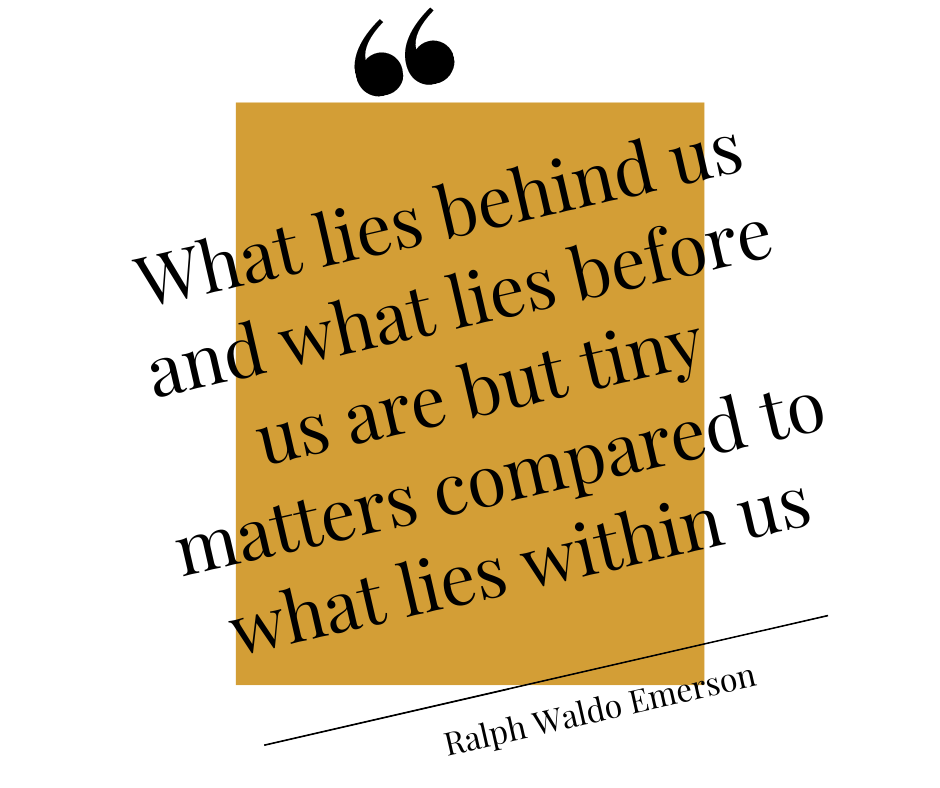Mental and emotional resilience in business is so often seen as the same things but spoken about as if they were one and the same. They are without doubt seamlessly interlinked but are two distinct human processes.
In leadership and as a business owner, how often do you feel deflated and at times rejected? Waking up at 3 am still asking yourself “what am I missing”?

If the pressure is not coming from the political arena, it’s coming from the competition, staff, customers, or even family. Great swaths of anxiety and self-doubt as you put your heads above the parapet once again, putting your Services and ideas out to the open market.
It’s so important to remind ourselves we are one complete system, so how we think (mental resilience) will affect our emotions (emotional resilience) which directly affects our behavioural responses. It is not about pushing past the blocks or putting a brave face on it, nor is it about a stiff upper lip. It certainly isn’t growing tough skin or broad shoulders.
The term, resilience, comes from the Latin word ‘resilio’ which translated means to ‘bounce back’. The word resilience itself almost suggests a ‘Teflon’, ‘waterproof barrier’, ‘impenetrable’ or ‘armoured’ like approach to leadership and business, doesn’t it? But it is anything but.
The embarrassing cousin.

Most often in my world, working with leaders and business owners, the term Mental Resilience or ‘mindset’ is openly discussed. Deemed, as a politically and socially acceptable topic for discussion with strangers. The topic is discussed with logic and cool pragmatism, totally blind-sides its cousin Emotional Resilience.
Why, because in my opinion, we as a culture, remain frightened of emotions. Emotions are uncomfortable at times, and there is a sense of embarrassment, we all know that. How many times do you hear an apology because they become ‘choked’ or tearful? Emotions, however, cannot be shared in an effort to lessen one’s own discomfort and can be extremely uncomfortable for onlookers to witness. Both leave us feeling vulnerable and frankly quite inept to deal with them.
Now, I have struggled to find a definition that truly captures how or what I see as emotional resilience with any finesse.
Drug companies talk about emotional resilience in having the “ability to succeed personally and professionally amidst of a high pressured, fast-moving, and continuously changing environment” how stuffed shirt is this? And so detached from emotion.
Then another “the attitude and skill set of an individual allowing them to cope with great efficiency and effectiveness in periods of change and stress”.
Neither example takes on board the wide range of emotions, not all are sad and traumatic. The number of clients who I have come across who shrink away from celebrating their achievements are not in small numbers.
Can we learn resilience?

The simple answer is yes! I see emotional resilience as a proactive skill we all learn and use to enhances are our pleasure for life and our own environment. Emotional resilience is when you accept and adopt a locus of control. Which in layman’s terms means you chose to chance the rapids and learn to dance with the tide, as Garth Brookes would say! Making you the cause of your life events fully. Autonomous and celebrating it.
Emotional resilience is a curated skill. Yes, we learn from the nurturing we have experienced growing up, but it is nothing to what we can achieve when we become conscious of our choices and invest in ourselves. Taking matters into our own hands. Let’s not hide and think it comes without work and commitment.
Emotional resilience does differ from individual to individual. But for every individual, it does result in having the awareness necessary to gather your thoughts, stabilise your emotions. To reframe your negative thinking and give you the strength to respond to situations. This is when you bounce back stronger just like a muscle in training, its strength and ability to flex comes from duress.
Once we start to understand that it’s not about a battle, it’s not about winning. There is only one outcome when you are in a battle with yourself and that’s loss on a grand scale. The aim, to master the art of living by experiencing everything from being grounded. Emotional resilience and our attention to our skills are not like a life jacket we pull out only when in life we start taking on water. The skills of emotional resilience require daily practice, not just in a morning ritual but throughout the day. This is when you are in full self-leadership mode.
Developing yourself.

Becoming emotionally aware is about seeing the bigger picture. When you are monitoring your responses and noticing the chain of events, where your thoughts and feelings are originating.
An excellent place to start honing your skills is going about your daily business. As you move from one meeting, job, telephone call, engagement to another you take note (mental or physical note) of what you have just experienced. It takes just a moment to congratulate yourself, a moment to take note of how the event ended and what you would like to happen next moreover how you feel.
Repeat this throughout your day. As you notice your thoughts or emotions stir, look for a connection or an unresolved issue from earlier in the day. There is no right or wrong just a way of being curious.
In my opinion, 5 pillars will help guide you in working on your skills of emotional resilience.
- Developing a sense of self –
If I may I would like to tell you a story to explain this.
A man went to see a therapist. After a short while, the therapist said, “you seem to be very together for someone who has never had therapy. Why now?”
The man told the therapist,
“I am a good husband and father”.
“I am a good friend”.
“I am a good employee”.
I feel if I could be great at all those things on my own, I would have achieved them by now and I haven’t so I need your help”.
The therapist nodded and spoke.
“You are a good partner for your partner and child”.
“You are a good employee for your company”.
“You are a good friend for your friends”.
“Who are you for yourself”?
Explore your values and what you hold as important to you. Understand your beliefs and how they guide you. What makes you, you? How do you see yourself in the grand scheme of life?
It’s when we don’t have a sense of self we allow for unregulated emotional flooding to leak out.
- Having a purpose.
As humans, we look for purpose in life. A reason for doing and being. It helps us with our sense of self but has a great impact on our emotional well-being of feeling we are adding value.
- Engaging in curiosity.
Asking big ‘What if…” questions. Developing a sense of adventure, excitement, and a state of flexibility for growth will all feed into, and maintain emotional resilience. It encourages the creative, evolutionary drive humans have leftover from the prehistoric days.
- Embrace being the student.
Who suggested you must know everything? Stay in the learning zone just off the cusp of your comfort zone where you remain alert and observant. It is outside and on the periphery of your comfort zone, where your emotional muscle will be worked hardest to support the curiosity state.
- Always return to being grounded.
The place which offers balance and calm. Where you stand back from the noise and look at the landscape to gain clarity and perspective.
And as a final thought a quote from Ralph Waldo Emerson
